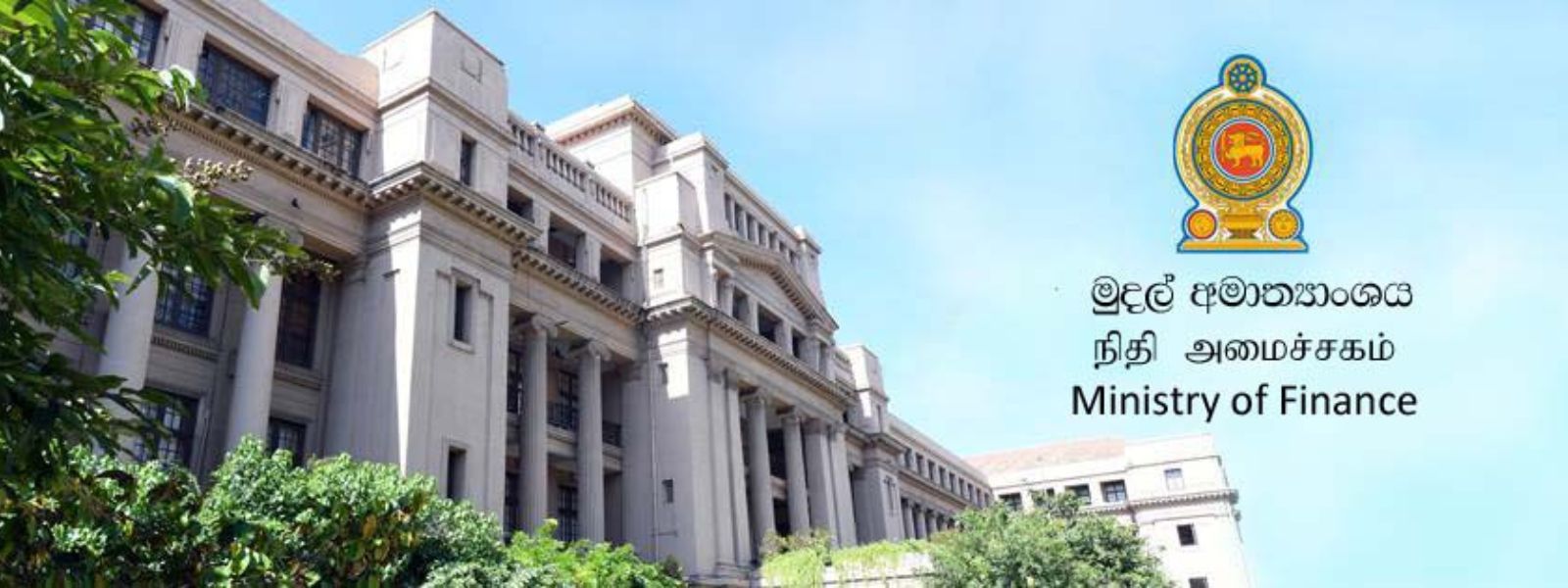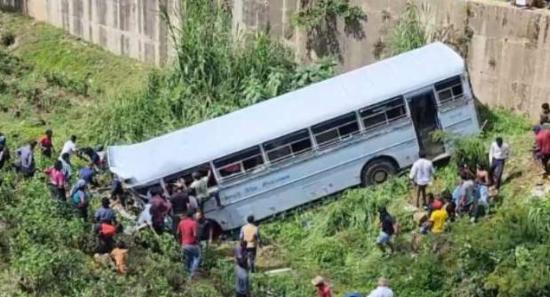.webp)

Standoff With IMF Could Delay Financial Aid for Years, Warns Finance Ministry
COLOMBO (News 1st); The Finance Ministry of Sri Lanka has issued a statement addressing recent misconceptions regarding the country’s debt restructuring process and its engagement with the International Monetary Fund (IMF).
The statement, titled “Clarifications on Debt Restructuring and the Debt Sustainability Analysis,” emphasizes that any country has the right to challenge the IMF’s Debt Sustainability Assessment if it disagrees with the findings.
However, it said that a standoff in such a scenario would only delay an agreement on a financing program for several months, if not years.
The Ministry refuted claims that Sri Lanka failed to produce its own Debt Sustainability Analysis during debt restructuring negotiations, attributing such commentary to a lack of understanding of standard debt restructuring mechanisms.
The statement highlighted that the IMF cannot proceed with a financing program if a country’s debt is deemed unsustainable.
While these debates may be of academic interest, the Ministry stressed the importance of timely and pragmatic action by government authorities responsible for citizens’ well-being.
This was particularly crucial for Sri Lanka in mid-2022, when the country faced severe economic challenges, including depleted foreign exchange reserves, soaring inflation, civil unrest, and a near-collapse of the socio-economic fabric.
The Ministry noted that Sri Lanka has previously adjusted IMF program targets midway through engagements.
However, the current economic reform program, supported by the IMF, marks the first time debt restructuring is a major pillar of an IMF-backed reform initiative in Sri Lanka. This makes amendments to key program parameters more complex.
The Finance Ministry emphasized the importance of the IMF’s independent Debt Sustainability Analysis (DSA) within the sovereign debt restructuring framework. However, it also highlighted that both debtor countries and creditors develop their own DSAs.
From the beginning of Sri Lanka’s debt restructuring process in June 2022, the country prepared its own DSA models with the help of debt advisors and the IMF staff team. These models have been crucial in shaping Sri Lanka’s negotiating strategy.
Sri Lanka uses its DSA models to craft offers to various creditors and to evaluate proposals received, ensuring that the terms align with the constraints set by the IMF’s DSA. Similarly, Sri Lanka’s creditors develop their own DSA models to guide their negotiating positions.
The Finance Ministry noted that while both Sri Lanka and its creditors rely on their respective DSA models for negotiations, the IMF’s DSA serves a distinct role in determining the terms of sovereign debt restructuring with specific creditors or groups of creditors.
Read Full Statement: https://www.treasury.gov.lk/api/file/a5ac69ab-b046-49e6-aaa1-9e45bca68567
Other Articles
Featured News





.png )
-776075_550x300.jpg)







-775770_550x300.jpg)
-775764_550x300.jpg)


















.gif)